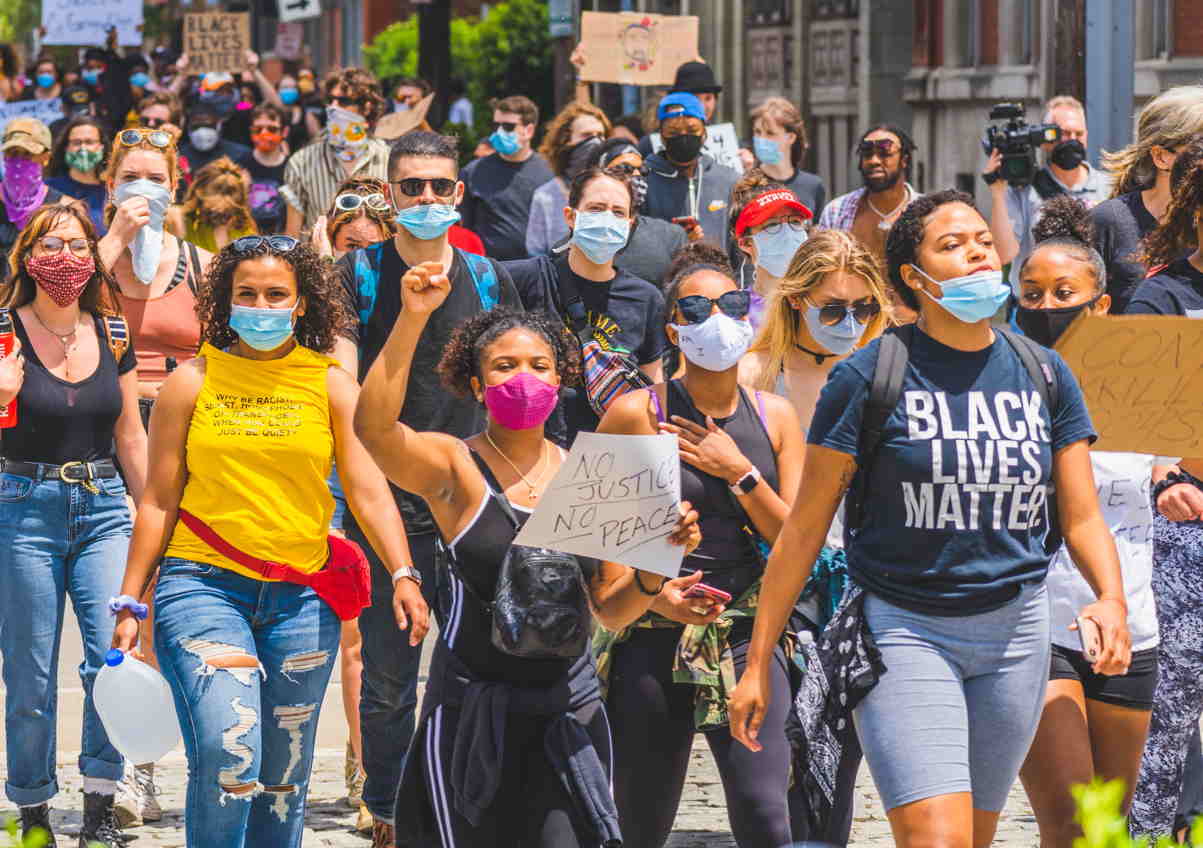Race Is a Biological Fiction, and Potent Social Reality
By Charles M. Blow,
Undark
| 12. 15. 2022
n his 1940 essay “Dusk of Dawn,” the renowned scholar W.E.B. Du Bois reflected back to his early-career appointment, some 44 years prior, as a temporary instructor at the University of Pennsylvania — a time he described as coinciding with a clarifying vision he had on America’s “race problem.” At that time, near the dawn of the 20th century, Du Bois says he believed the primary impediment to enlightenment on racial issues was “stupidity” — and the cure was simple: “knowledge based on scientific investigation.”
But where the youthful Du Bois had faith in the power of science to overcome ignorance, the older Du Bois admitted that this faith was waning: “I regarded it as axiomatic that the world wanted to learn the truth and if the truth was sought with even approximate accuracy and painstaking devotion, the world would gladly support the effort,” he wrote. “This was, of course, but a young man’s idealism, not by any means false, but also never universally true.”
It still isn’t. We have known for decades, for example, that the bigoted...
Related Articles
By David Jensen, California Stem Cell Report | 02.10.2026
Touchy issues involving accusations that California’s $12 billion gene and stem cell research agency is pushing aside “good science” in favor of new priorities and preferences will be aired again in late March at a public meeting in Sacramento.
The...
By Lauren Hammer Breslow and Vanessa Smith, Bill of Health | 01.28.2026
On Jan. 24, 2026, the New York Times reported that DNA sequences contributed by children and families to support a federal effort to understand adolescent brain development were later co-opted by other researchers and used to publish “race science”...
By Arthur Lazarus, MedPage Today | 01.23.2026
A growing body of contemporary research and reporting exposes how old ideas can find new life when repurposed within modern systems of medicine, technology, and public policy. Over the last decade, several trends have converged:
- The rise of polygenic scoring...
By Stephanie Pappas, LiveScience | 01.15.2026
Genetic variants believed to cause blindness in nearly everyone who carries them actually lead to vision loss less than 30% of the time, new research finds.
The study challenges the concept of Mendelian diseases, or diseases and disorders attributed to...




